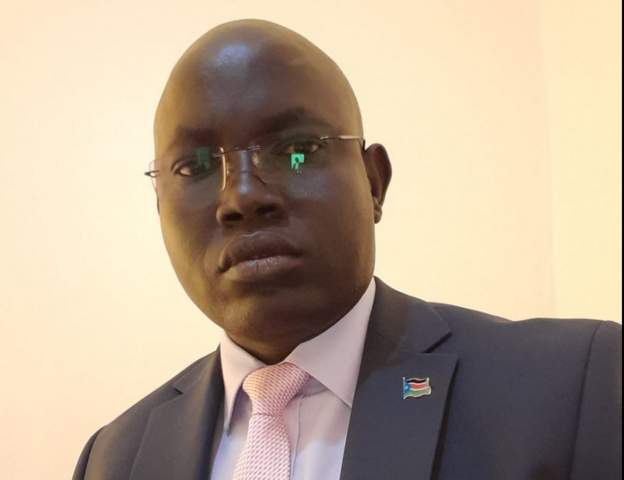The East African Court of Justice (EACJ) has recently witnessed increasing cases about human rights violations and breach of the principles of democracy enshrined in the East African Community Treaty.
These cases are often filed by individuals, human rights lawyers, NGOs and civil society lobbies. Some of the accused states have variously accused the complainants of inviting the court to overstep its jurisdictional limits.
Initially, the regional court limited itself to declarations of Treaty violations. But, with time, it moved to order more robust remedies, such as compensation for aggrieved parties. It started instructing governments to take certain actions to remedy violations.
A case in point is one where the Pan African Lawyers Union (Palu) is seeking urgent interim orders against the governments of South Sudan and Kenya to produce South Sudanese activist, Morris Mabior Awikjok Bak.
Bak is a former civil servant and a critic of the government in Juba, who consistently complained about the lack of democracy, governance or rule of law on social platforms.
According to Palu, which has applied for orders at the First Instance Division, the activist was arbitrarily arrested, unlawfully detained and now has become a victim of enforced disappearance.
In their papers, they say Bak was abducted from his apartment in Nairobi on February 4, 2023.
Donald Deya, Palu boss, cites witness statements pointing fingers at Kenyan and South Sudanese security and Immigration officials.
“It is believed that either on February 5 or 6, Morris was illegally deported to Juba. It is further believed that to date Morris remains arbitrarily detained, incommunicado, at the headquarters of the South Sudan National Security Service, also known as the Blue House,” Mr Deya says.
All this has made his family, friends and associates concerned that his life may be in danger or that he may be subjected to torture or cruel, inhuman, or degrading treatment, adds the lawyer.
Now, Justice Nestor Kayobera, President of the EACJ, says there are discussions on expanding the mandate of the court.
The Council of EAC Ministers has, since 2004 been “considering” proposals for expanding the EAC’s jurisdiction, but in the meantime, it has gained elasticity in Articles 6 and 7 of the EAC Treaty, giving it mandate over cases on violations of human rights, democracy and the rule of law.
Though originally conceived as a sub-regional court for purposes of determining economic integration disputes between member states, the EACJ has largely metamorphosed into a human rights court, albeit without express Treaty mandate to that effect.



